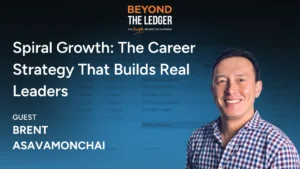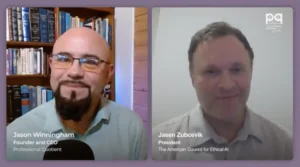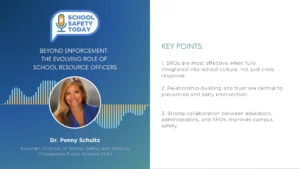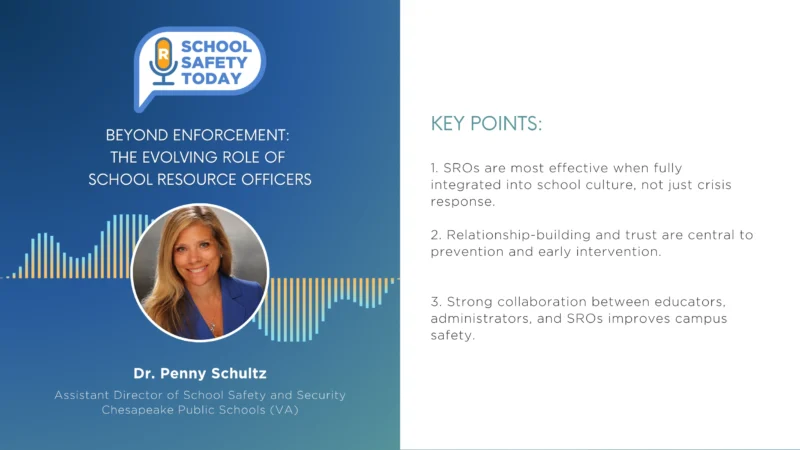Should Teachers Use AI to Promote STEM Education?
ChatGPT, the viral chatbot launched by AI startup Open AI last November, seems to have become a nightmare for teachers. Students have been using it to cheat. In fact, a recent survey involving over 200 K-12 teachers found that more than a quarter of them had caught a student cheating with the help of the chatbot. While many fear that these tools may affect students’ learning, is there a way teachers can use AI tools like ChatGPT productively with students? Some in education see it as an opportunity to leverage AI to promote STEM education.
So far, ChatGPT has already been banned by an increasing number of school districts. It does not seem like a surprise, then, that tools to detect AI-written text are already cropping up. Interestingly though, over two thirds of the K-12 teachers surveyed do not support the banning of this tool. Experts believe that ChatGPT can be used to augment STEM studies and help in essay writing without replacing its creative aspects. It can even be used to help plan lessons, create quizzes, explain basic physics (or complex engineering) problems.
Jason Innes, the director of curriculum, training, and product management at KinderLab Robotics, which aims to promote STEAM skills in K-12 curriculum, discussed the importance of using AI to promote STEM education among students.
Jason’s Thoughts:
“Generative AI tools like ChatGPT are impressive, but they’re not magic and they’re not creative. They use statistical models to remix and rehash existing writing. It’s important that we have tools like AI writing checks to prevent students from relying on generative AI tools to do their writing for them.
We need to teach the writing process with skills like researching, organizing, drafting, revising, getting feedback, skills that are short circuited by AI tools if children misuse them. But these generative AI tools also give us another opportunity to encourage students to understand these tools and think critically about them through STEM education.
At KinderLab, our mission is to promote universal STEM literacy. We achieve that by introducing young children, as young as four, to coding, computer science, and engineering with our KIBO robot. It’s important to introduce STEM and coding concepts in early childhood because research shows that starting children young with STEM has the greatest impact on their success in STEM education and their interest in STEM careers.
So, how does this relate to AI? Well, ChatGPT and tools like it are the products of STEM work. These tools will certainly continue to develop and we don’t know what AI tools today’s kindergartners will have access to in 10 years or 20 years. It’s vital that young students understand the nature and the limits of these tools.
Early STEM education where children learn at a young age about technology, computers, coding, and even AI is the key to giving children understanding and mastery of tools like ChatGPT. Future generative AI tools like it may end up becoming tools students can learn to use, but these tools will never replace human creativity and the creative process.
We want students to understand the tools, understand how they work and think critically about how they can be best used. That’s the best long-term response to the challenge these tools pose in education, and it requires early STEM education.”








